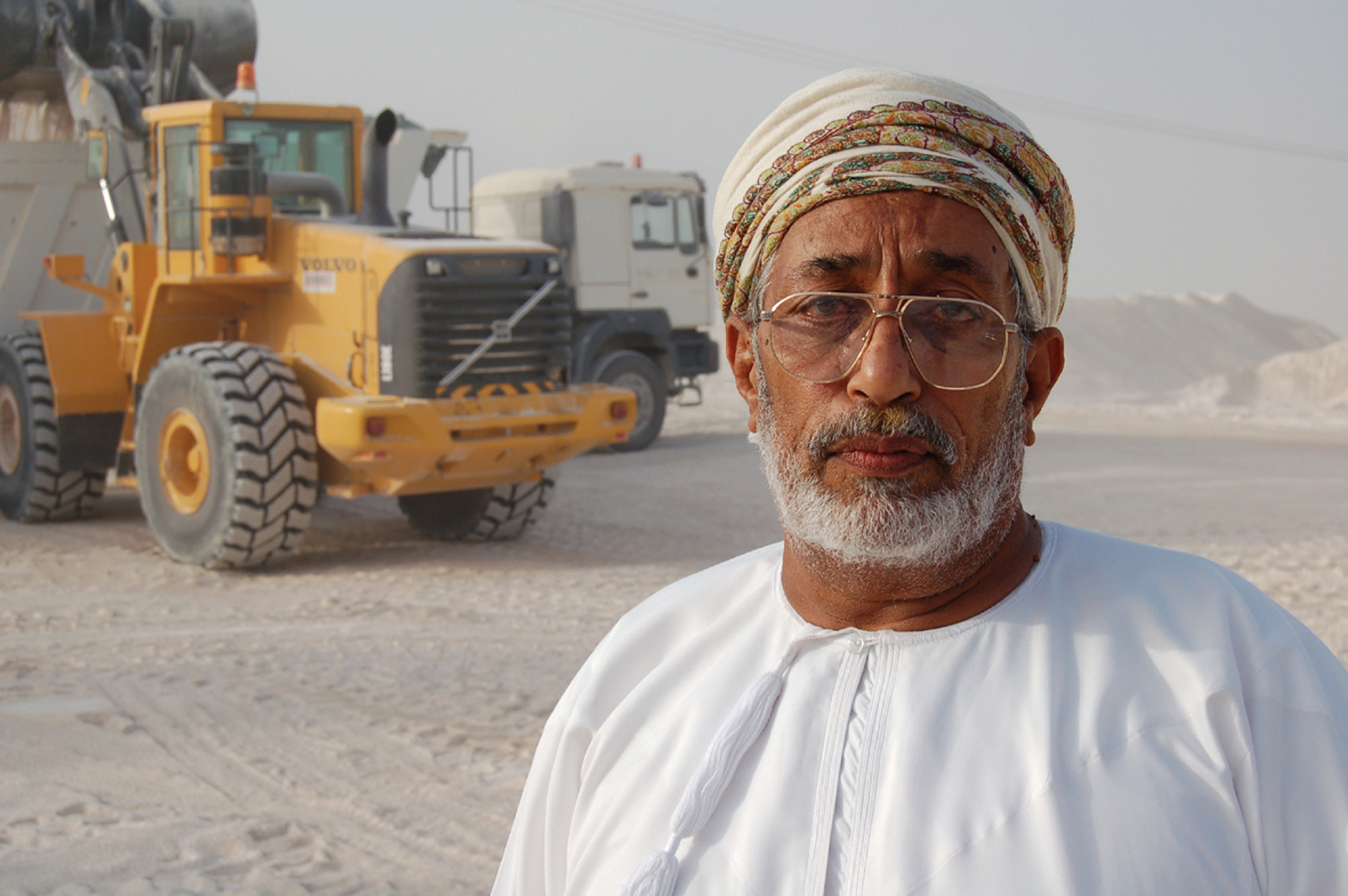
The Rapid rise in concrete construction in the United Arab Emirates sultanate of Oman is driving investment in quarrying equipment as operators step up aggregate production to meet demand
Oman's network of wadis (dry channels that only flood with water during heavy rain) provide near perfect quarrying conditions. The floodwater travelling at up to 30km/h often deposits similarly sized, unconsolidated silt, sand or rock in the channels that can be quarried easily using wheeled loaders.
Local quarry operator Salem Mohiyaddin Bin Saif & Bros has been working wadis in Oman since 1975 and has seen demand for aggregates in the region change considerably over the last 32 years. According to founder Salem Mohiyaddin Bin Saif, the market for aggregates in Oman has increased significantly since the company was first established and it has had to look at its production to cope.
The country has moved away from traditional natural stone and mud buildings, which were commonplace in the early 1970s, towards concrete construction. These changing construction techniques combined with the current high levels of investment in infrastructure in the United Arab Emirates has driven increasing demand for aggregates.
Salem Mohiyaddin Bin Saif & Bros's operations have also expanded to meet the growing market and the family now extract from numerous wadis within a 40km radius of the city of Salalah. The quarried material is processed at four sites around the city to deliver red sand, white sand, natural sand and aggregates for the local market. Aggregates are crushed and screened on site at a rate of up to 500tonnes per hour to produce 10mm, 16mm, 20mm and filler materials.
The company has also diversified into concrete block manufacturing and ready mixed concrete. The factory produces up to 50,000 blocks per day - around a 95% share of the local market - while the concrete operation has a fleet of 30 mixer trucks supplying the local area. According to Salem, the company's concrete operations use around 40% of its aggregate production.
Although the company will not disclose its exact production volumes, it is thought to run to several hundred thousand tonnes per year and Salem is expecting demand to continue growing and has been looking at increasing productivity. When Salem Mohiyaddin Bin Saif & Bros first started quarrying in Oman, the aggregates were extracted by hand but operation then switched to second hand wheeled loaders, dozers and crushers.
"The growing demand exposed the weakness of our used equipment," said managing director Hafeedh Bin Aqeel Mohiyadding Saif. "We needed to invest in new loading equipment to improve our production rate to meet the demand." The company has just taken delivery of eight new
Despite the growing demand for aggregates in the region and the higher productivity delivered by the new Volvo wheeled loader, finding sites to quarry in Oman is becoming more difficult. According to Salem, the Government is starting to restrict wadi dragging licenses as the wadis represent Oman's environmental heritage and local people are becoming very protective of their surroundings. This is forcing Salem's company to extract from more difficult wadis, making the new equipment even more vital to the continued profitability of the quarrying operation














